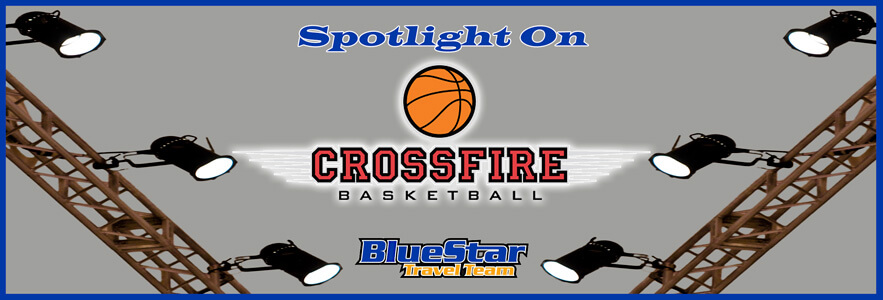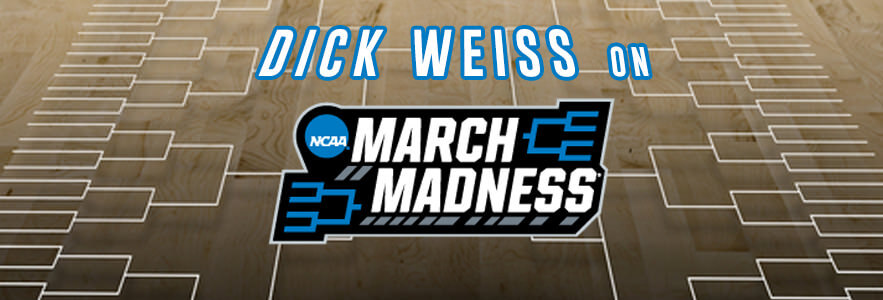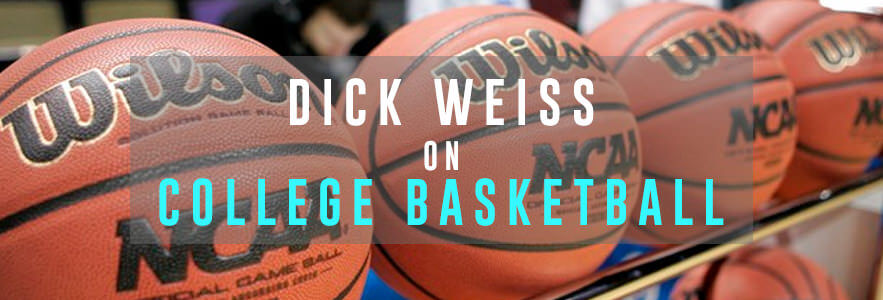The mission of the Minnesota Crossfire program doesn’t quite stand alone in the landscape of club basketball teams, but it remains one of the few in the country that aims to develop multiple aspects of their players’ overall growth.
To wit: Crossfire is a 501-c-3 program that is a faith-based, non-denominational youth sports ministry. “The goal,” director of basketball Gregg Nelson said, “is to use competitive sports as a way to teach Biblical principles.”
There are some others that operate in a similar fashion, so Crossfire isn’t alone. But the club has carved out a niche in a crowded world of club teams, having success in every facet that is reflected on the court and off.
Crossfire, the state’s second-largest volleyball club, added basketball in 2011 with one team. That seventh-grade team won the Minnesota state AAU championship.
“When that happened, our phone started ringing off the hook,” Nelson said. “And the thing has just exploded.”
This year the Crossfire had 14 girls’ teams and 11 boys’ teams.
Crossfire’s mission is rooted in a handful of tenets:
–Faith: “We use the Fellowship of Christian Athletes materials quite a bit and our teams will gather once a week at practice and for the last 15 minutes of practice – or the first 15 minutes – and will have a team devotional session,” Nelson said. “We have behavior standards as well. Our parents are not allowed to say a word to the officials. That’s all part of walking the walk, which we think is important. We don’t hire coaches who are screamers. We teach through positive reinforcement.”
The goal is to encourage players to be well-rounded, fully developed young people who can handle the variety of situations that life will throw at them.
“We don’t put basketball at the same level of the Middle East peace talks,” Nelson said. “We don’t want the kids’ identity to be tied up in basketball, and then they blow out a knee and then are completely lost without it. We try to keep that part in perspective, with both the players and the parents.
“I tell parents at the parents’ meetings we have, if all their kids end up learning with us is basketball, then we haven’t done our jobs. That’s just part of what we do.”
To that end, Crossfire doesn’t discourage multiple-sport participation.
“Our board made a decision years ago to support the multi-sport athlete instead of encourage specialization,” Nelson said. “In our case with basketball, we will work, within reasonable parameters, to support the multi-sport athlete, specifically the one who plays a spring sport. We just think that’s the right thing to do. It’s been interesting to watch that evolve. We’ve been able to get several very good players as a result of that. A lot of times the best players are multi-sport athletes. We try not to overschedule, both with practices and tournaments.”
–Fundamentals: On the court, the Crossfire’s goal is to help individuals improve their game through skill work.
“Our coaches spend a minimum of 60 percent of their practice time on fundamentals,” Nelson said. “As you know better than I do, the main criticism from high school and college coaches is – and it’s more true with the boys (than girls) – ‘roll out the balls, don’t play any defense, coaches take shortcuts on the development side to try to win games.’ So we tried to address that. The younger kids aren’t allowed to play a zone defense, unless it’s under extreme circumstances.”
The Crossfire’s most successful team reflects those values. The Crossfire 14 squad, coached by Ken Theisen, finished 44-4 this year while participating in such high-level tournaments as USJN events in Cincinnati and Chicago, the Battle of the Boro and the Deep South Classic. A look at some of the top players on that squad:
Taylie Scott, 5-foot-5, PG, 2019: “She’s your consummate point guard,” Theisen said. “Looking to pass first. Physically, pound-for-pound, is probably one of the strongest girls in the 2019 class in Minnesota. She’s an excellent soccer player. She’s great to coach. Plays at a high pace and has a knack for getting the ball to the forwards in the right position.”
Kaylee Nelson, 5-9, SG, 2019: “I think other coaches agree that she’s the best on-ball defender in Minnesota. I don’t say things like that lightly. This year I think she was our second-leading three-point shooter percentage wise and she’s become an outstanding three-point shooter. She’s able to use her length and quickness to be able to shut somebody down.”
Hannah Purcell, 6-0, PF, 2019; Kallie Theisen, 6-1, F, 2019: “What makes them special is those two play alike but they have different physical tools and approaches,” Ken Theisen said. “ At 6-0 Hannah is your prototypical power forward. She’s long and powerful. Her strength is getting the ball at the short corner or the elbow, getting the ball where she can do any kind of power step or hop step. Has great footwork inside. She’s got a college body already. Shoots the three well. She handles the ball as well as Kallie does.
“Kallie is 6-1 or 6-2 and has a little over a 6-5 wingspan. She’s the best shot blocker in the state. She led the team in free throw shooting. Kallie is known for going through contact; she spends a lot of time on the floor. She has expanded her range to where she was our best three-point shooter percentage-wise this year. She’s known for having a motor that never stops. She’s on the point of our press, and she’s guarding the other team’s best forward.”
As a group, it was a mix that struck the right chord on the court.
“Our team is the no-drama team,” Ken Theisen said. “There is no drama with girls or parents or coaches and I firmly believe it shows on the court.”
Tony Bleill is in his seventh year as a columnist for Blue Star Media. He previously spent 13 years as the Illinois women’s basketball beat writer for the Champaign News-Gazette. He lives with his wife and three daughters in Illinois.






